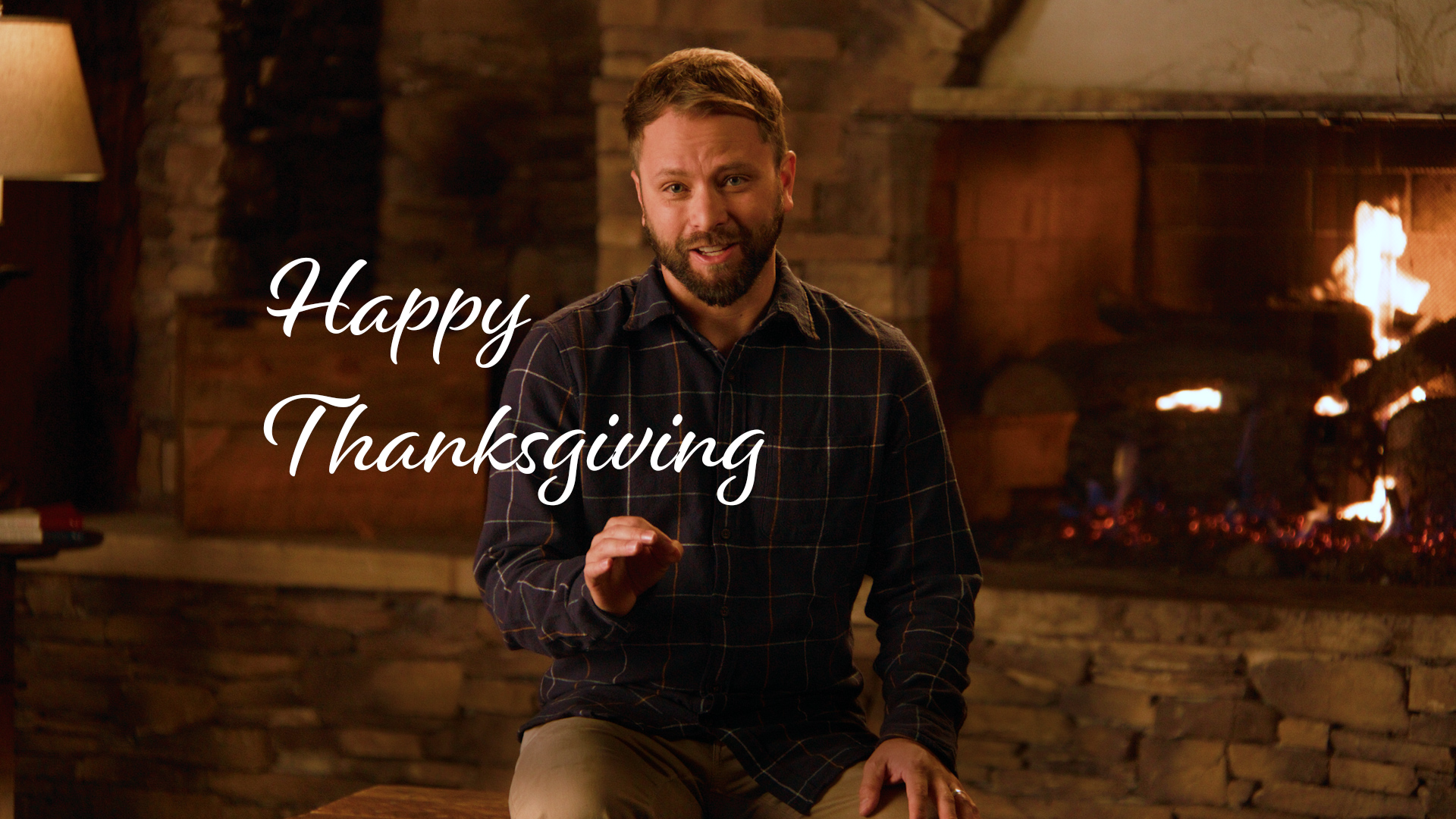The challenge: When words fall short
When a friend loses a loved one and you want to comfort him but don't know where to begin; when you're truly sorry but know your words won't make the wrong "right"; when that emotion you feel is so powerful but the four letters in "love" seem so small.
When your words are needed most, you begin to fear their inadequacy. Sometimes, you're so afraid of having your words fall short that you shrink back and don't speak at all.
"It's not my place."
"It won't change anything."
"She doesn't want to hear it."
"He already knows."
"I wouldn't know what to say."
But when you avoid speaking, people begin thinking you don't care. You miss opportunities to deepen or heal relationships. In passive silence, you actively damage them.
Is that how you approach prayer, too?
"I'm too sinful."
"It doesn't change anything."
"He doesn't listen."
"He already knows."
"I don't know how to pray."
We all fall into those traps. We can easily convince ourselves that we're better off keeping our mouths shut. (Unless of course, we are angry or being foolish. Then we ironically tend to be most confident in our speech. The Bible frequently warns against this.) Even when our hearts are aching to speak gracious words, we think those words are inadequate, so we clam up.
Here's the kicker: We're right in thinking that our words are weak. We who twist the truth with our tongues aren't worthy to whisper in God's ear. We who curse and cut down our peers couldn't deserve to call on his name. Yet he wants us to pray to him. He even commands that we do.
Why would the God who spoke the world into existence listen to us as we stutter and struggle to say anything? Why would our friends want us to speak when words are no more than that: words?
The hope: The Spirit helps
Speaking is necessary in human relationships because, even when words fall short, the act of speaking reveals the intent of the heart. Words will never measure up to the great love, joy, pain or sorrow they attempt to express, but speech is a powerful way that one human heart reaches out to another.
In the same way, the act of praying reveals the intent of the spirit. Though our weak words don't measure up to the thoughts of the Almighty God, and though our mortal thoughts are no match for his wisdom, the spirit of God inside us reaches out to the spirit of the Father above us when we pray.
We don't always know how other people will react to the words we offer. But as long as we make the effort to speak, we are giving the relationship a chance to survive and grow. If our words are rejected, if our hearts are rejected, at least we can say we tried.
But we know how God will respond to the prayer of a Christian. In a letter to the Roman church, Paul explained the mystery of prayer and why it works. He wrote:
"The [Holy] Spirit comes to our aid and bears us up in our weakness; for we do not know what prayer to offer nor how to offer it worthily as we ought, but the Spirit Himself goes to meet our supplication and pleads in our behalf with unspeakable yearnings and groanings too deep for utterance.
"And He Who searches the hearts of men knows what is in the mind of the [Holy] Spirit [what his intent is], because the Spirit intercedes and pleads [before God] in behalf of the saints according to and in harmony with God's will." (Romans 8:26-27, AMP)
When our hearts are right, God responds to our prayers by transforming our broken, lacking, stuttered words into sweet-smelling incense. He interprets them so that they are entirely in harmony with his own will. We don't need lofty words to impress him. We don't even need to come prepared.
Alexander Gould, a sophomore at Davidson College, wrote a poem about speech and gave us permission to share it. The poem, "Prelude," speaks for itself:
"O! the pow'r of speech —
Nay, the pow'r of Truth;
I have mispake already.
Mortal tongue adorns
Its sluggish girth in weak
Facsimile of Truth's
Most rainbow'd robes,
Paper to the silk
Of stars.
Truth, who sits on throne
Of gold. Tongue, who licks
Its shadow like a bone.
O! Tongue's fair screech
Is nothing to the proof
Of Meaning's gilded rod.
Speech, who seldom hits
The mark, who falleth short
In "God is good," and yet
Who stretcheth long in most
Things else.
How can the God of love
Hear us our crippled speech,
And yet such pen'tence 'prove?
Still, I shall sing,
And hope my verse can measure
The rhythm of a mortal
Imagination. And I
Shall hope the musings of
My mind will rest on my
Soul's song:
The overtones mine ear
Can hear of the Music
Of the inmost Sphere."
Yes, our words are weak. But the Word of God — living in us — is powerful.












